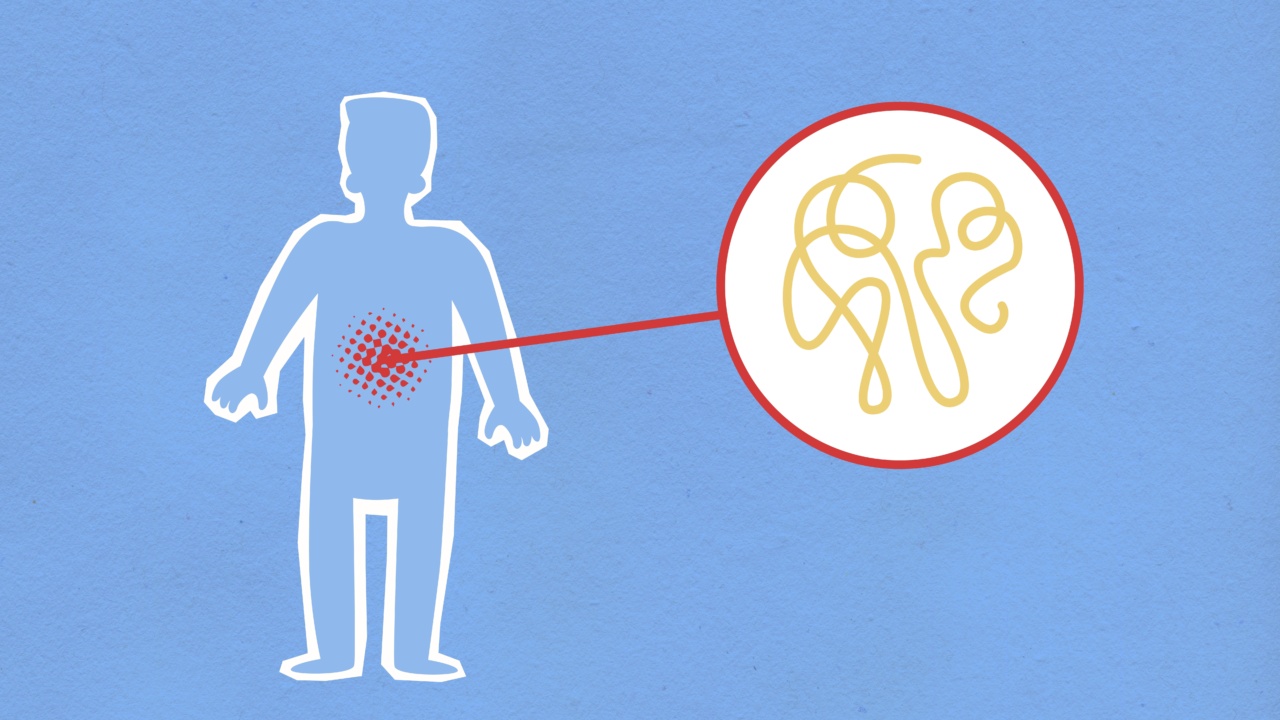Stomach pain is a common ailment that many people experience at some point in their lives. While it is often associated with indigestion or gas, sometimes the causes for sudden stomach pain can be unexpected and require medical attention.
In this article, we will explore some of the surprising factors that could be contributing to your sudden stomach pain.
1. Stress
Did you know that stress can manifest as physical pain in the body? When we are stressed, our bodies release hormones that can trigger abdominal pain and discomfort.
If you have been experiencing sudden stomach pain and can’t identify any other potential cause, it could be worth evaluating your stress levels and seeking ways to manage them effectively.
2. Food Sensitivities
Food sensitivities can cause a wide range of digestive issues, including sudden stomach pain. Some individuals may have sensitivities to certain types of food such as gluten, lactose, or specific additives.
Keeping a food diary and paying close attention to any patterns between your diet and stomach pain episodes could help identify potential triggers.
3. Gastrointestinal Infections
Gastrointestinal infections, such as the stomach flu or food poisoning, can result in sudden and severe stomach pain.
These infections are often caused by consuming contaminated food or water, and can also present with symptoms like diarrhea, nausea, and vomiting. If you suspect an infection, it is crucial to stay hydrated and seek medical attention if symptoms worsen or persist.
4. Gallstones
Gallstones are hardened deposits that form in the gallbladder and can cause sudden and intense stomach pain, commonly known as biliary colic. The pain typically occurs in the upper abdomen and may radiate to the back or shoulder.
If you experience severe pain accompanied by nausea and vomiting, consulting a healthcare professional is crucial for proper diagnosis and treatment options.
5. Appendicitis
Appendicitis is the inflammation of the appendix, a small organ located in the lower right abdomen. It can cause sudden and severe pain that begins around the belly button and eventually shifts to the lower right abdomen.
Other symptoms may include fever, loss of appetite, and difficulty passing gas. If you suspect appendicitis, immediate medical attention is necessary as it can be a medical emergency.
6. Kidney Stones
Kidney stones are hard deposits that form in the kidneys and can cause significant abdominal pain when they move through the urinary tract. The pain is often severe and can radiate to the lower abdomen and groin area.
If you suspect kidney stones, seeking medical evaluation is essential as treatment options may be required to help pass or remove the stones.
7. Abdominal Hernia
An abdominal hernia occurs when an organ or fatty tissue pushes through a weak spot in the abdominal wall. It can cause sudden and localized stomach pain, accompanied by a visible bulge or swelling.
If you notice any unusual bulges or experience persistent stomach pain, it is important to consult a healthcare professional for examination and potential intervention.
8. Endometriosis
Endometriosis is a condition where the tissue that normally lines the uterus grows outside of it. It can cause sudden and severe abdominal pain, particularly during menstruation or sexual intercourse.
Other symptoms may include heavy menstrual bleeding, infertility, and digestive issues. If you suspect endometriosis, consulting a healthcare professional who specializes in the condition is recommended.
9. Intestinal Obstruction
An intestinal obstruction occurs when the intestines are partially or fully blocked, leading to sudden stomach pain, bloating, and potentially vomiting. This can be caused by factors such as scar tissue, tumors, or intestinal twisting.
Seek immediate medical attention if you experience severe abdominal pain with vomiting or the inability to pass gas or stool.
10. Peptic Ulcers
Peptic ulcers are open sores that develop on the lining of the stomach or the upper portion of the small intestine. They can cause sudden stomach pain, often described as a burning or gnawing sensation between the naval and breastbone.
The pain may be more noticeable on an empty stomach or at night. Treatment usually involves medication to reduce stomach acid and promote healing.






























